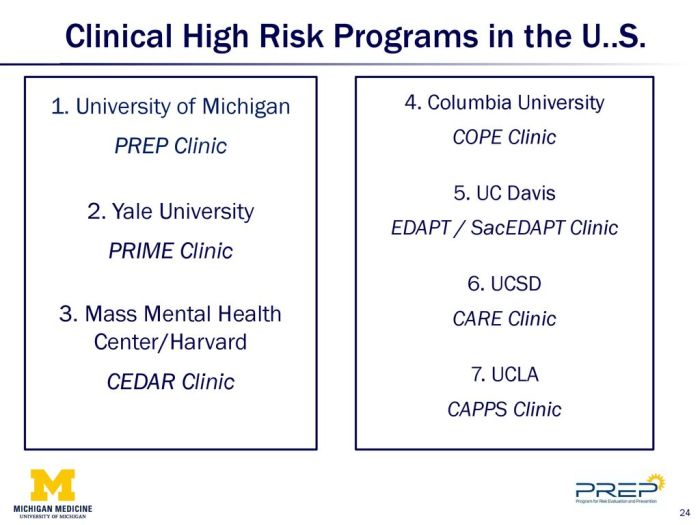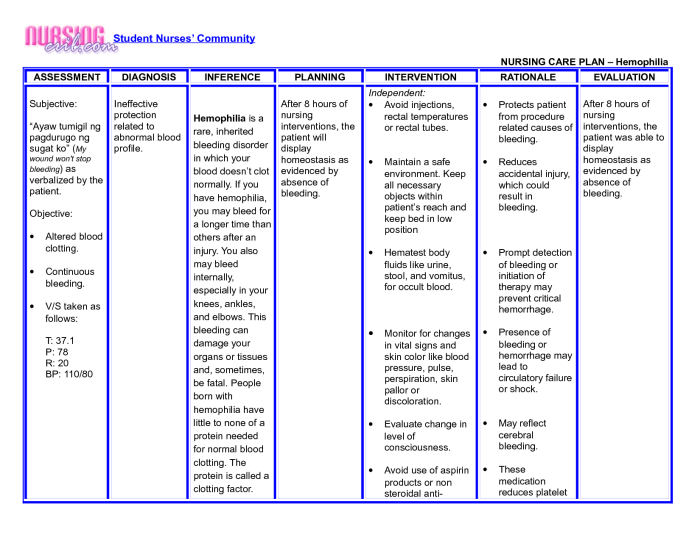Nursing care high risk mother edapt – Nursing care for high-risk mothers is a specialized field that requires a comprehensive understanding of maternal and fetal health. This article explores the unique challenges and interventions associated with caring for high-risk mothers, emphasizing the crucial role of nurses in ensuring optimal outcomes for both mother and child.
High-risk pregnancies, characterized by pre-existing conditions or complications, demand specialized nursing interventions to monitor and manage maternal and fetal well-being. Nurses play a pivotal role in providing individualized care plans, patient education, and support, collaborating with other healthcare professionals to deliver comprehensive and effective care.
Definition of High-Risk Mother

In nursing care, a high-risk mother refers to a pregnant woman who experiences certain medical conditions or risk factors that increase the likelihood of complications during pregnancy, labor, and delivery. These conditions can affect the health of both the mother and the developing fetus.
Examples of conditions that can contribute to a high-risk pregnancy include:
- Advanced maternal age (over 35 years)
- Multiple pregnancies (twins, triplets, etc.)
- Pre-existing medical conditions such as diabetes, hypertension, or heart disease
- History of previous pregnancy complications
- Genetic disorders
- Substance abuse
Nursing Care for High-Risk Mothers
Nursing care for high-risk mothers involves specialized interventions aimed at monitoring and managing maternal and fetal well-being throughout pregnancy and childbirth. Nurses play a crucial role in:
- Assessing risk factors and developing individualized care plans
- Providing prenatal education and counseling
- Monitoring maternal vital signs and fetal heart rate
- Administering medications and providing treatments as prescribed
- Performing non-stress tests and other fetal monitoring procedures
- Collaborating with obstetricians and other healthcare professionals to ensure comprehensive care
Education and Support for High-Risk Mothers: Nursing Care High Risk Mother Edapt

Patient education and support are essential for high-risk mothers to navigate the complexities of their pregnancies. Nurses provide:
- Information about risk factors, pregnancy complications, and treatment options
- Support groups and counseling to address emotional and psychological challenges
- Resources for prenatal care, nutrition, and lifestyle modifications
Collaboration in High-Risk Pregnancy Management

Managing high-risk pregnancies requires interdisciplinary collaboration among healthcare professionals. Nurses work closely with:
- Obstetricians who provide medical care and perform surgical interventions
- Neonatologists who care for newborns with medical complications
- Anesthesiologists who administer anesthesia during labor and delivery
- Social workers who provide support and resources for families facing social and economic challenges
Advanced Practice Nursing in High-Risk Pregnancy
Advanced practice nurses (APNs) play a vital role in caring for high-risk mothers. They have specialized skills and knowledge in:
- Advanced health assessment and diagnosis
- Medication management
- Fetal monitoring and interpretation
- Collaboration with other healthcare providers
- Patient education and counseling
Questions and Answers
What are the common risk factors for high-risk pregnancies?
Risk factors include advanced maternal age, pre-existing medical conditions (e.g., diabetes, hypertension), multiple pregnancies, and previous pregnancy complications.
How do nurses contribute to the care of high-risk mothers?
Nurses provide specialized interventions, monitor maternal and fetal health, educate patients, and collaborate with other healthcare professionals to ensure optimal care.
What are the ethical considerations in nursing care for high-risk mothers?
Ethical considerations include informed consent, shared decision-making, and patient autonomy, particularly when faced with complex medical decisions.